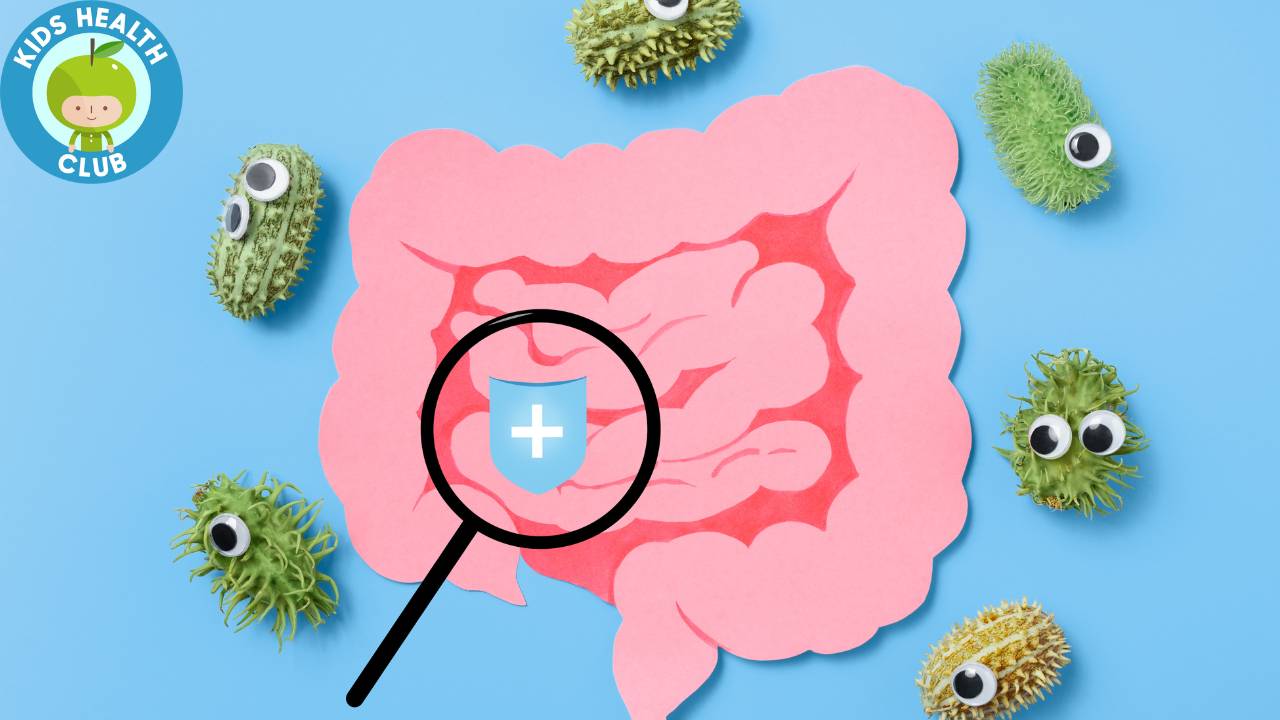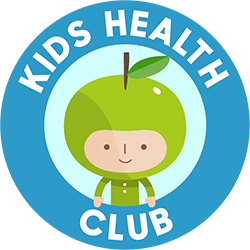Healthy Children's Microbiome

Healthy Children's Microbiome
The human microbiome, consisting of trillions of microorganisms living in our bodies, is increasingly recognized for its essential role in maintaining overall health. Since the launch of the Human Microbiome Project in 2007, research into the gut microbiome's significance has surged, revealing its impact beyond just gut health. These microorganisms are crucial for various physiological processes, including immune function, digestion, neurodevelopment, and mental health, both in the short and long term. The gut microbiota influences neurodevelopment through three main pathways: the immune system, the nervous system, and the endocrine/hormonal system, with interactions among these pathways.
Markers of a dysbiotic microbiome have been identified in children with autism, ADHD, and anxiety. A recent study showed that children with autism could be distinguished by examining their microbiome composition. Additionally, an imbalanced gut flora is linked to a higher risk of chronic diseases such as cardiovascular disease, type 1 and type 2 diabetes, obesity, autoimmune diseases, and even cancer.
The gut microbiome established in a child by the age of 2-3 years is what the immune system considers normal and will revert to after disturbances such as antibiotics or diarrhoea. This means that if a child has a beneficial gut flora by age 3, they are at a lower risk of developing autoimmune and other chronic illnesses throughout their life. Therefore, fostering a healthy microbiome early in life is crucial and a strong predictor of long-term health, making it essential to encourage practices that support its development in children.
Specific lifestyle habits and interventions can either promote the growth of a healthy microbiome or harm it. There are numerous opportunities from before birth through the early years of life to make positive choices for the microbiome. However, many routine (and often unnecessary) health interventions can be detrimental. This article aims to raise awareness about the impact of common healthcare interventions and lifestyle habits on the microbiome during the first years of life and their long-term health implications.
Diet Supports Kids Health
One key strategy to enhance the microbiome in children begins during pregnancy. Consuming an unprocessed, whole-food, fibre-rich diet and supplementing with probiotics during pregnancy can significantly support the development of a healthy microbiome in the mother, which is transferred to the infant during birth and through close contact. Pregnant women should include probiotic-rich foods in their diets or consider high-quality probiotic supplements, especially in the third trimester.


